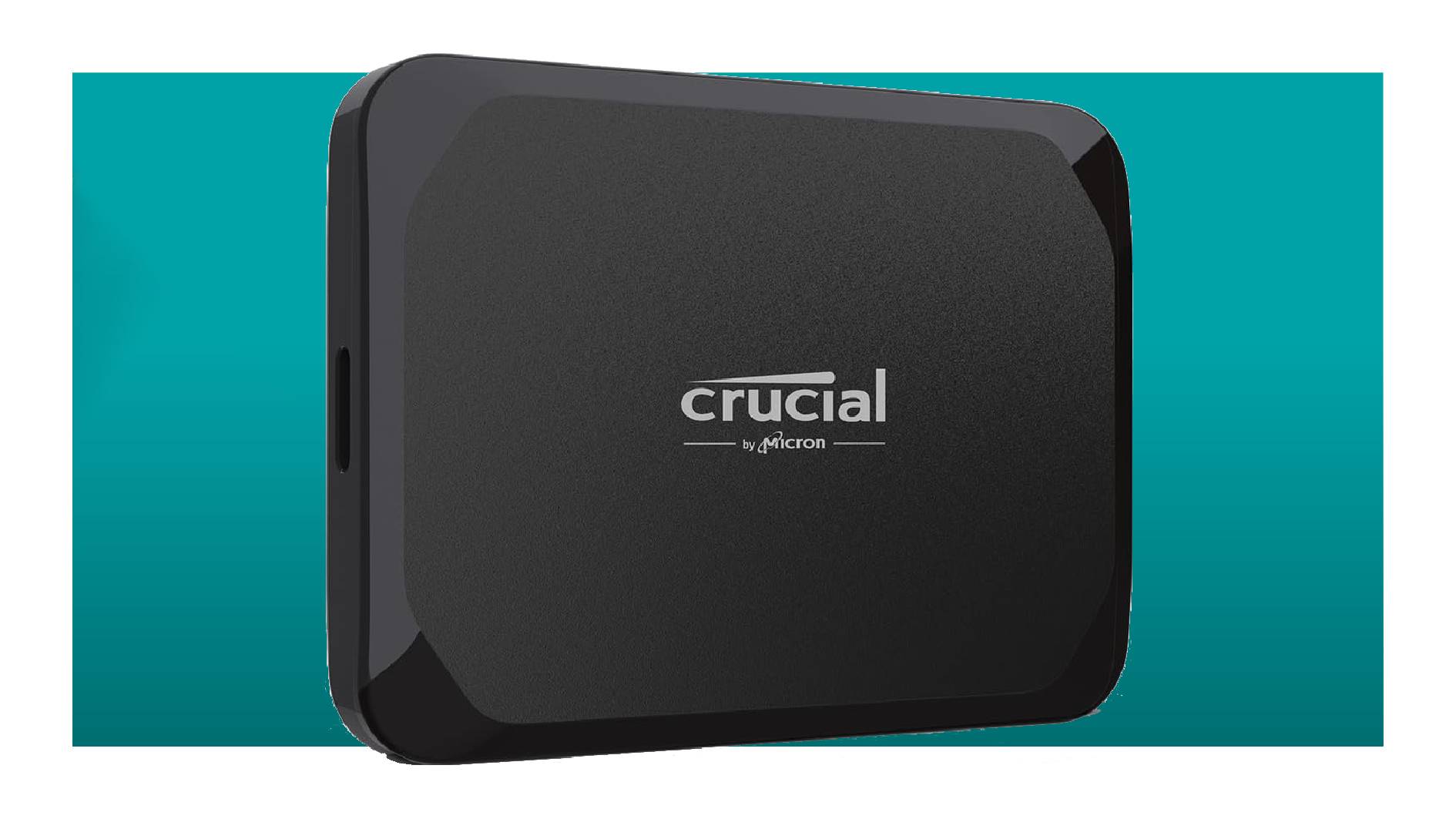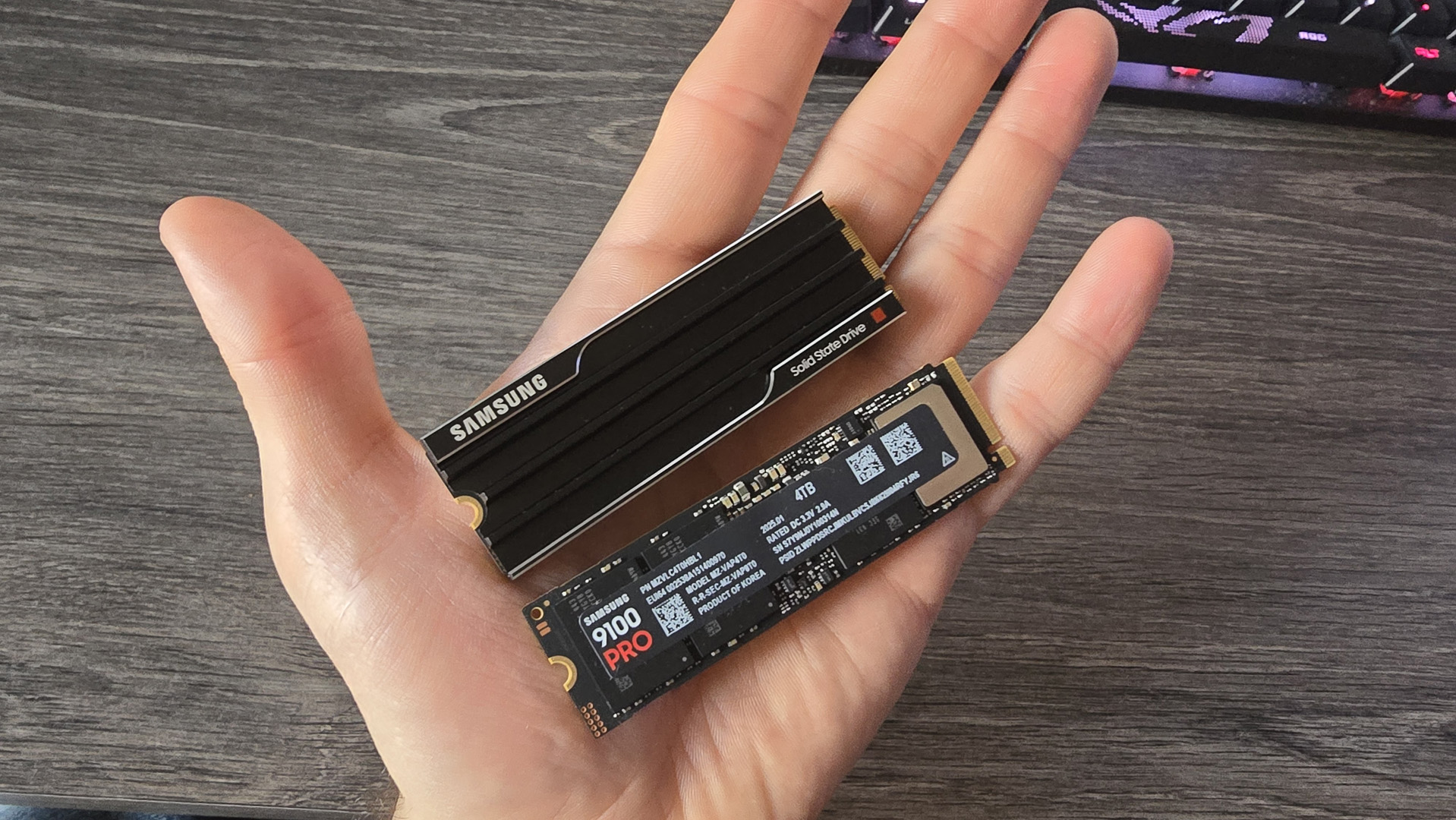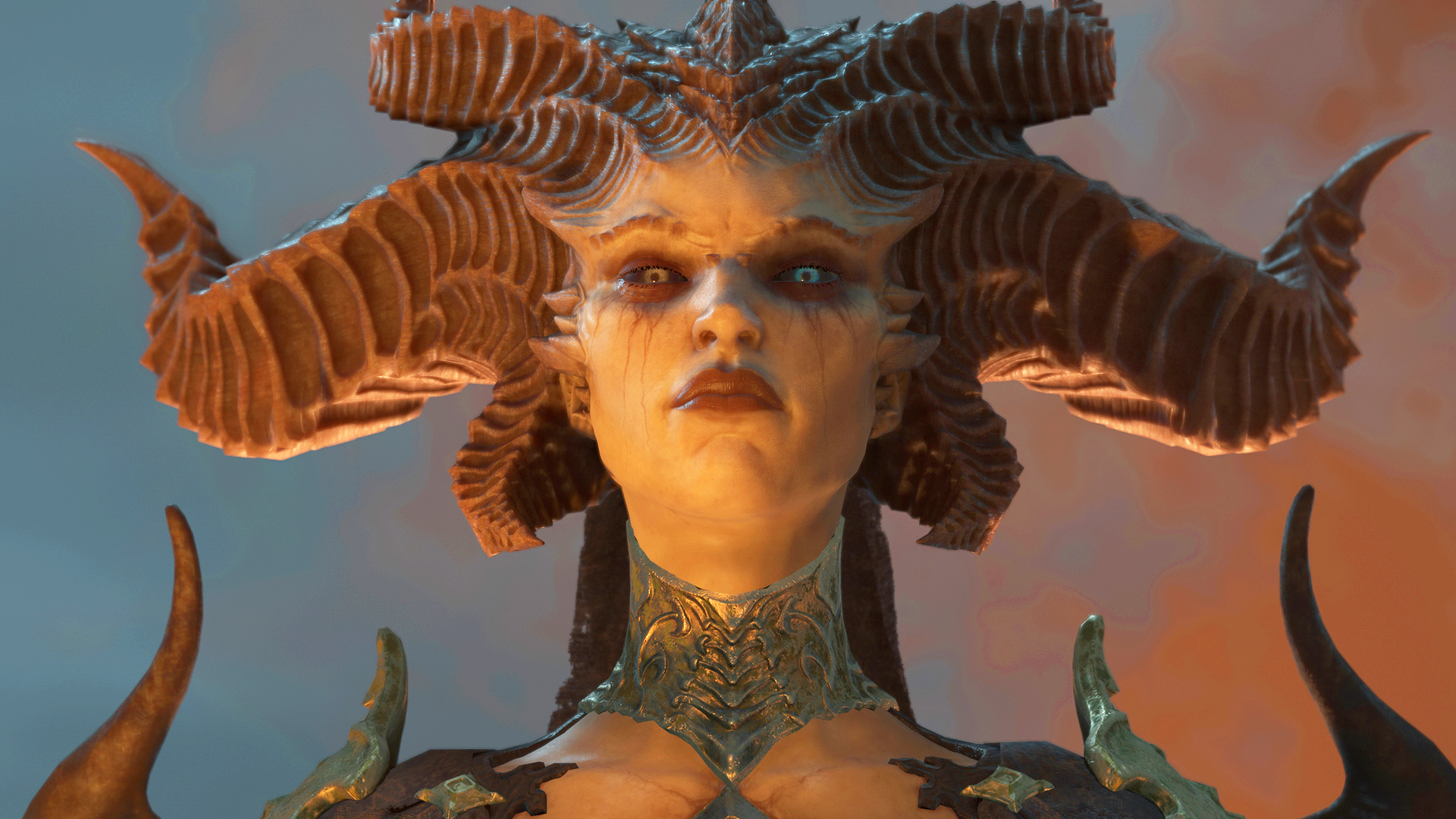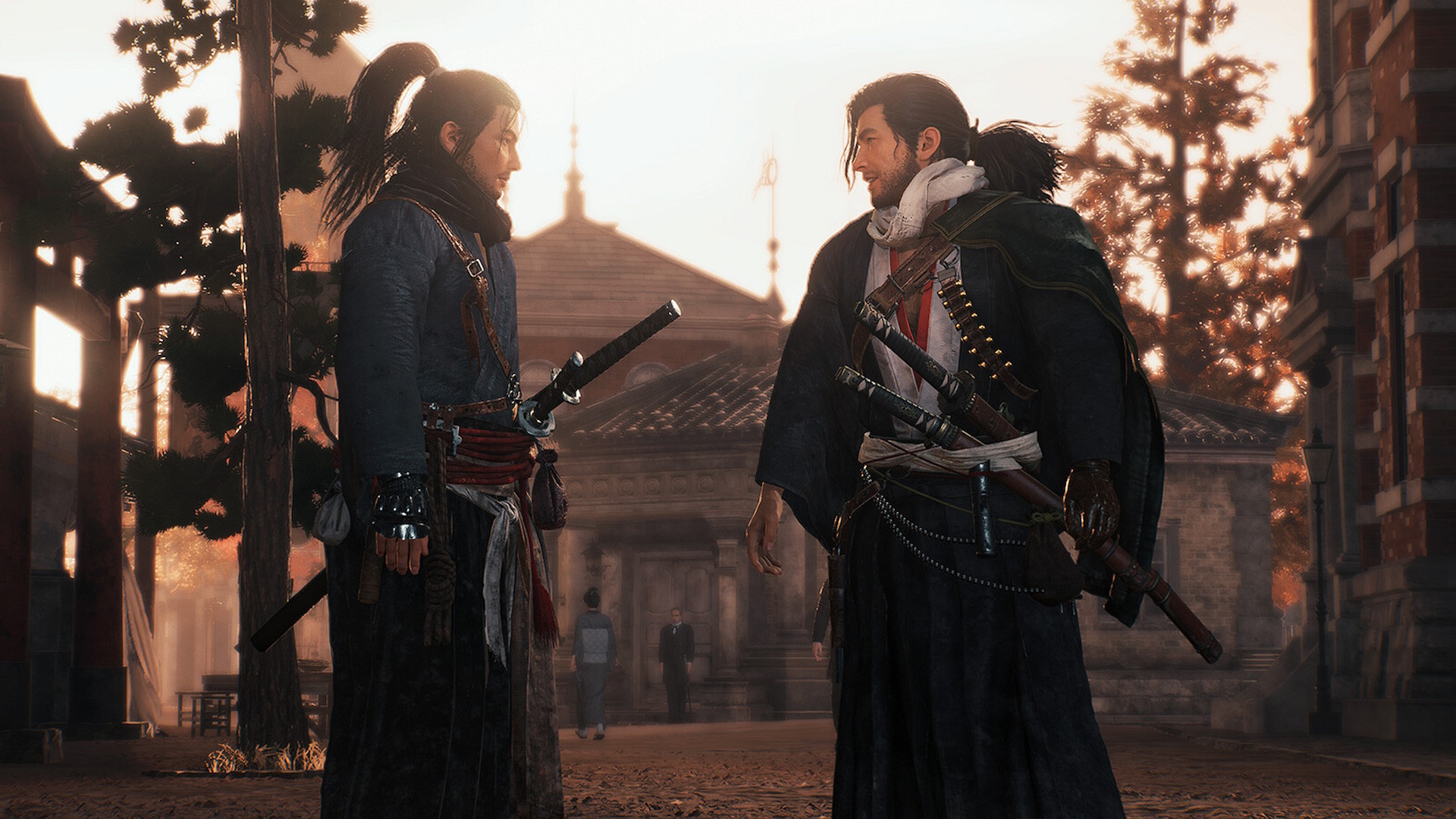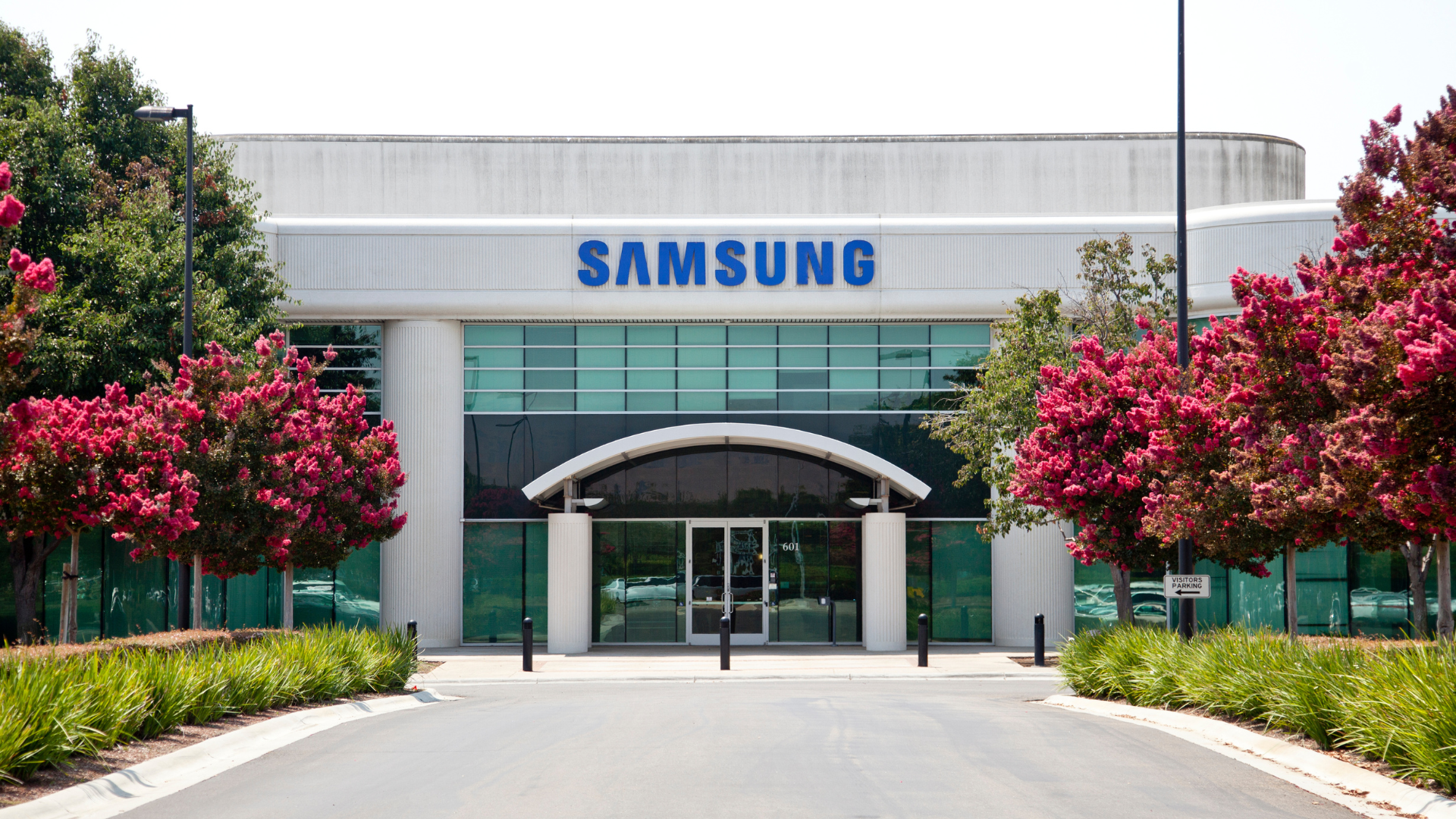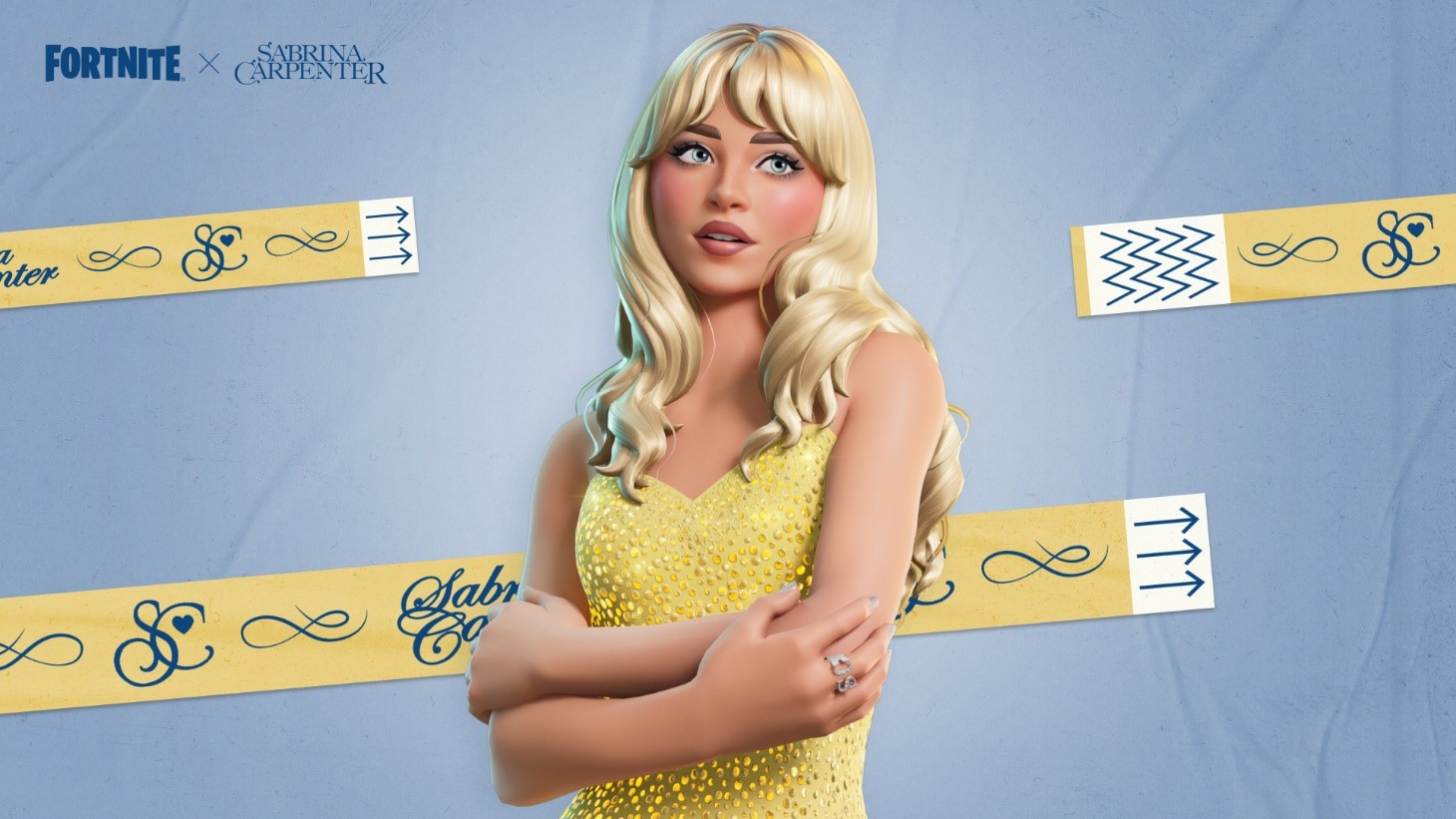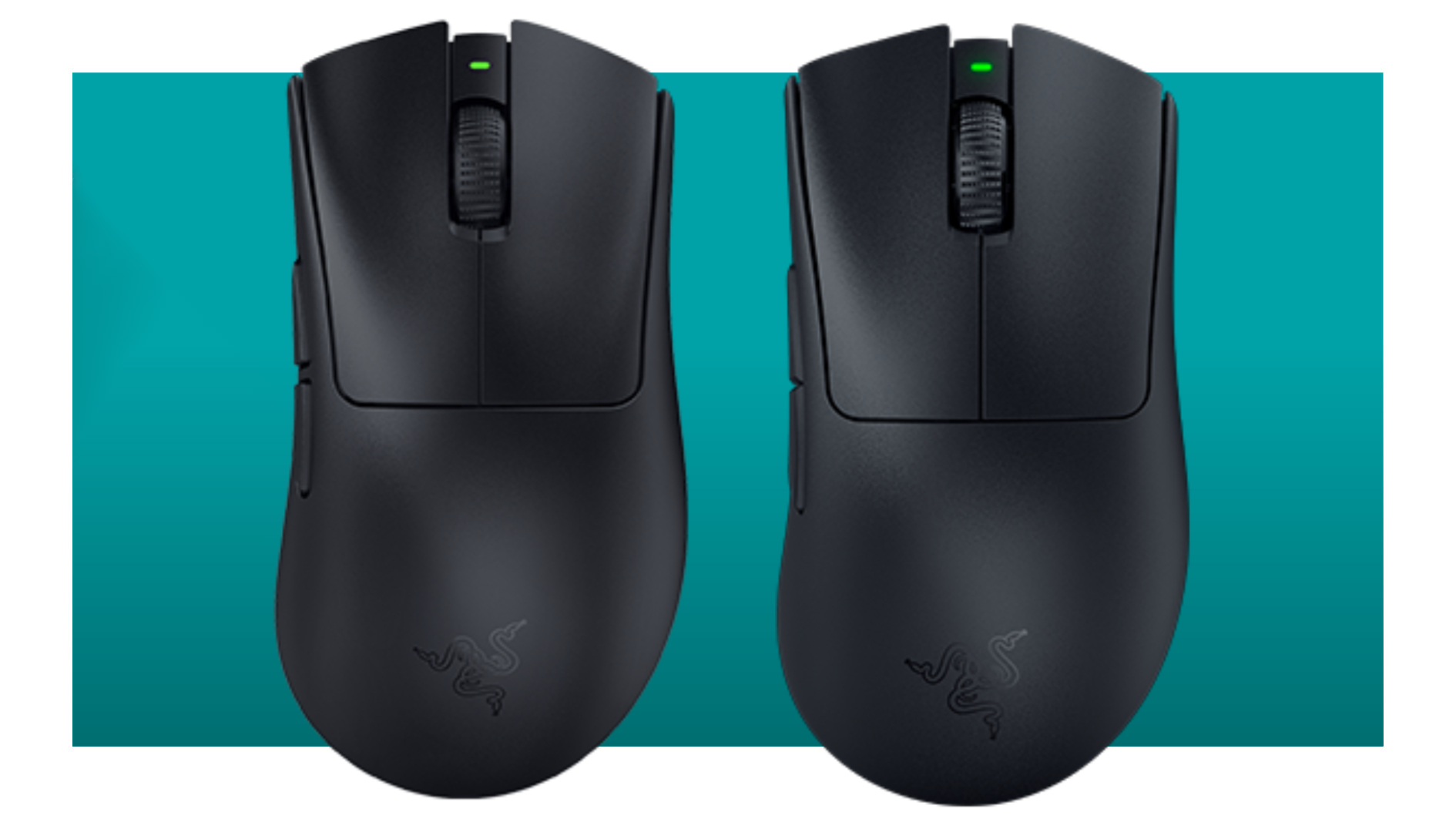Beware miners selling thrashed second-hand SSDs as new
Falling Chia coin pricing has seen miners selling off drives at a loss or rebadging them as new.
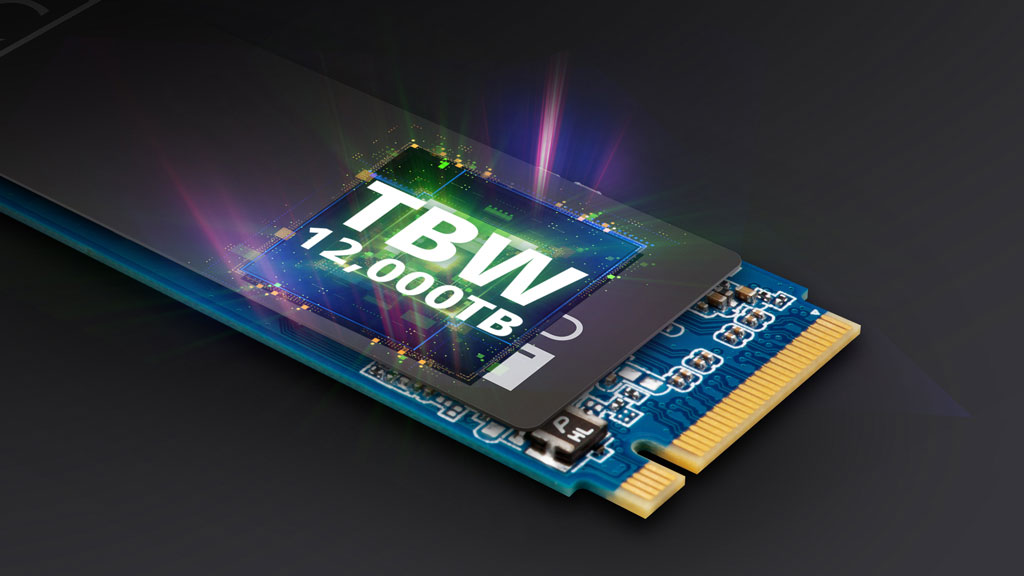
Chia miners are getting out of the cryptocurrency storage market and either selling their old, thrashed drives at a loss or repackaging them and reselling them as new (according to VNExpress). That's worrying news for would-be buyers, because an SSD used for Chia mining can be effectively at the end of its useful life in as little as six weeks, rather than the minimum five years most warranties cover you for.
The reason for this exodus is due to Chia coin's falling pricing. The cryptocurrency peaked at just over $1,600 shortly after its launch back in May, but has since tumbled to as low as $200. At the time of writing, it sits at $288, although as is common with all cryptocurrencies it remains volatile. And mostly useless, obvs.
In how it works, though, Chia is unlike most cryptocurrencies. It doesn't rely on your CPU or GPU to do the hard work, but rather plots out space on your SSD or hard drive instead. Mining Chia coins isn't as power-draining as other currencies, but it does require a lot of space to work efficiently. And certainly isn't a 'green' cryptocurrency.
This need for space led to a brief spike in storage pricing back in May and fears of a storage shortage, although it was reserved to larger capacities, and mostly only affected China. Drive pricing has since returned to normal.
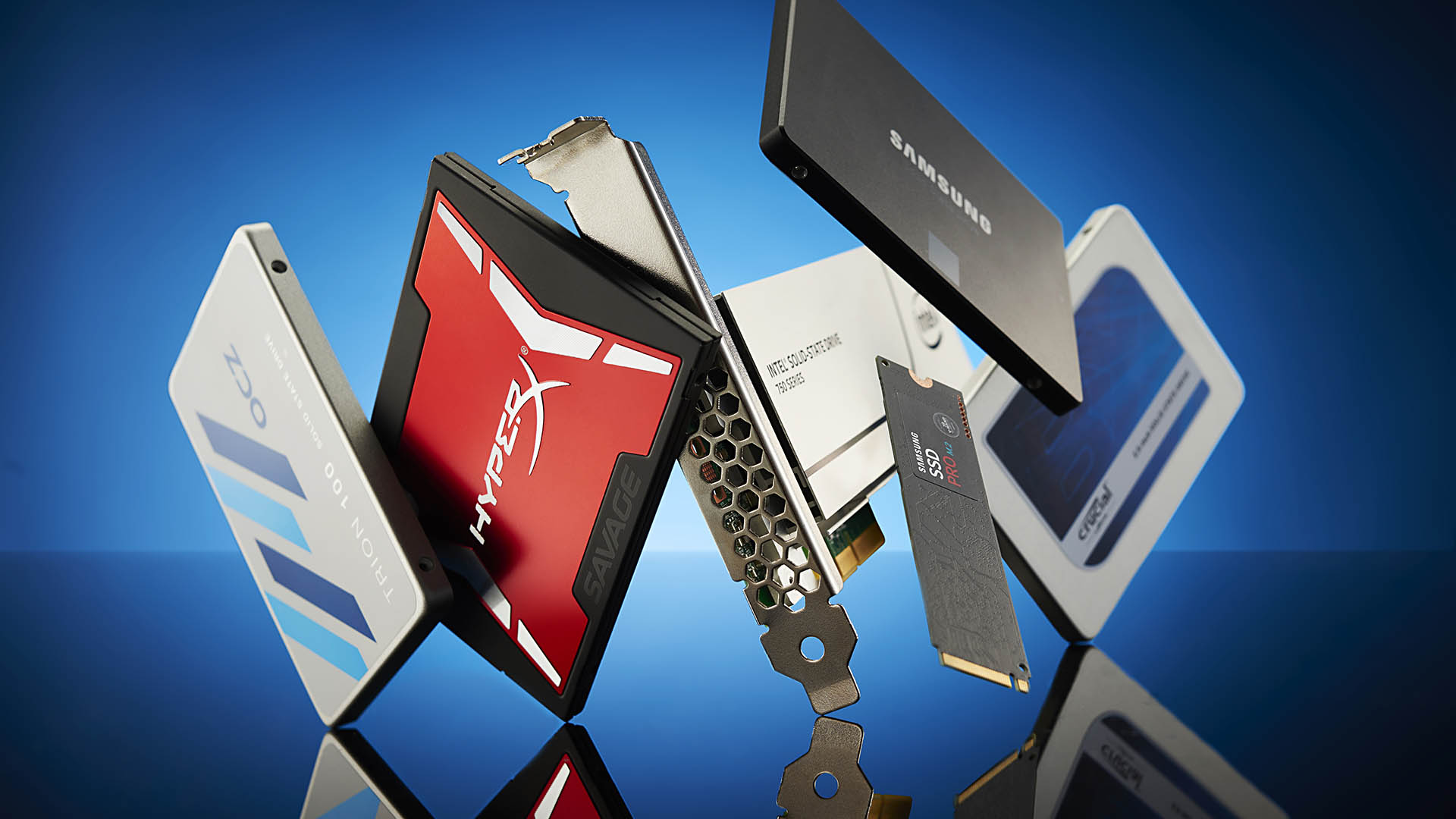
Best SSD for gaming: the best solid state drives around
Best PCIe 4.0 SSD for gaming: the next gen has landed
The best NVMe SSD: this slivers of SSD goodness
Best external hard drives: expand your horizons
Best external SSDs: plug in upgrades for gaming laptops and consoles
We wouldn't recommend buying a pre-owned SSD at the best of times, but if such drives are being repackaged as new, then there's no way of telling at the time of purchase.
You can always look at the drive's status once it's in your machine—download the drive monitoring software from the manufacturer's website (such as Samsung Magician) to check how much data has been written to it. But by that time you may not be able to do a whole lot about it.
Be careful who you buy your SSDs and hard drives from going forward, basically.
The biggest gaming news, reviews and hardware deals
Keep up to date with the most important stories and the best deals, as picked by the PC Gamer team.
Alan has been writing about PC tech since before 3D graphics cards existed, and still vividly recalls having to fight with MS-DOS just to get games to load. He fondly remembers the killer combo of a Matrox Millenium and 3dfx Voodoo, and seeing Lara Croft in 3D for the first time. He's very glad hardware has advanced as much as it has though, and is particularly happy when putting the latest M.2 NVMe SSDs, AMD processors, and laptops through their paces. He has a long-lasting Magic: The Gathering obsession but limits this to MTG Arena these days.

